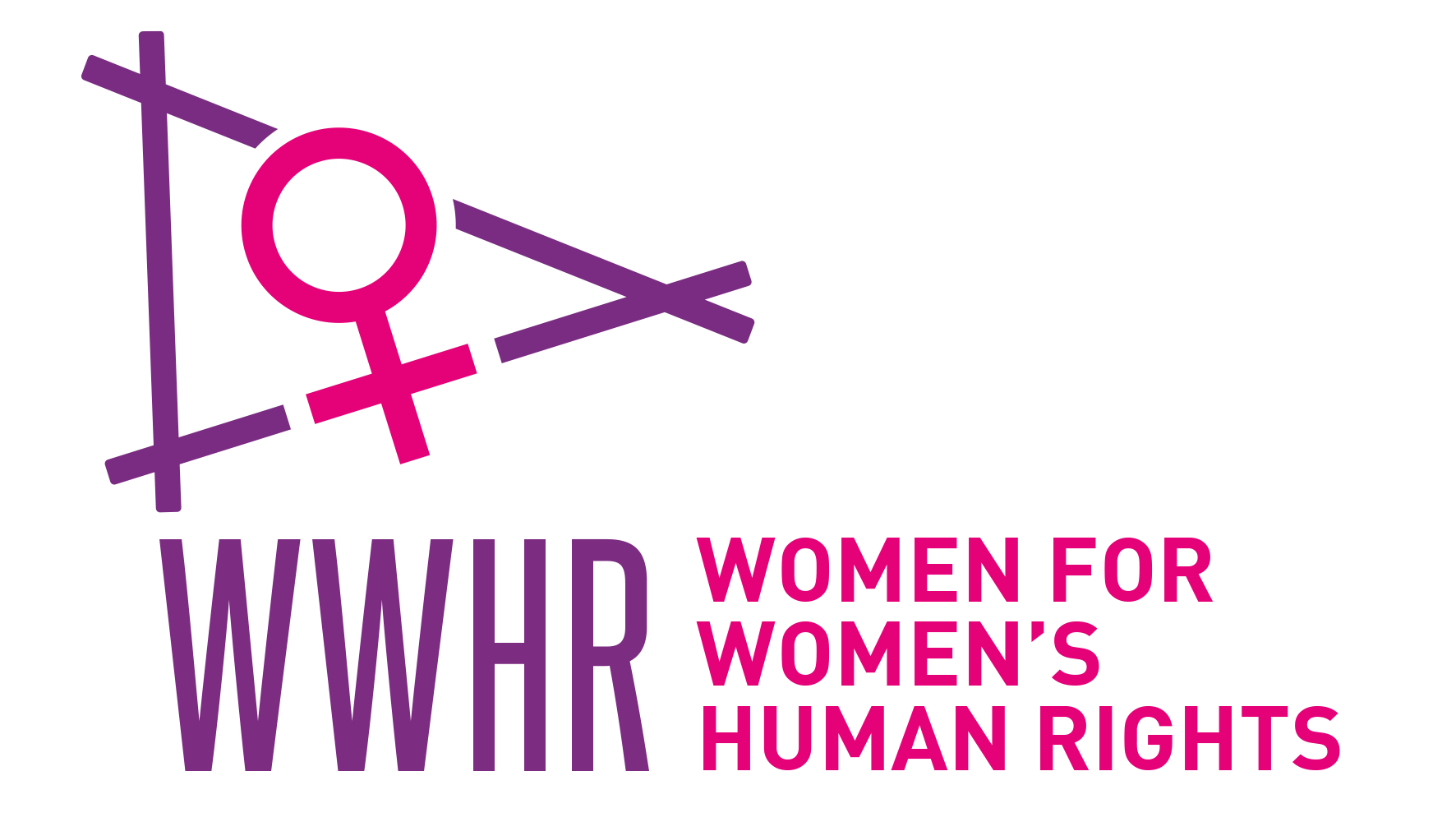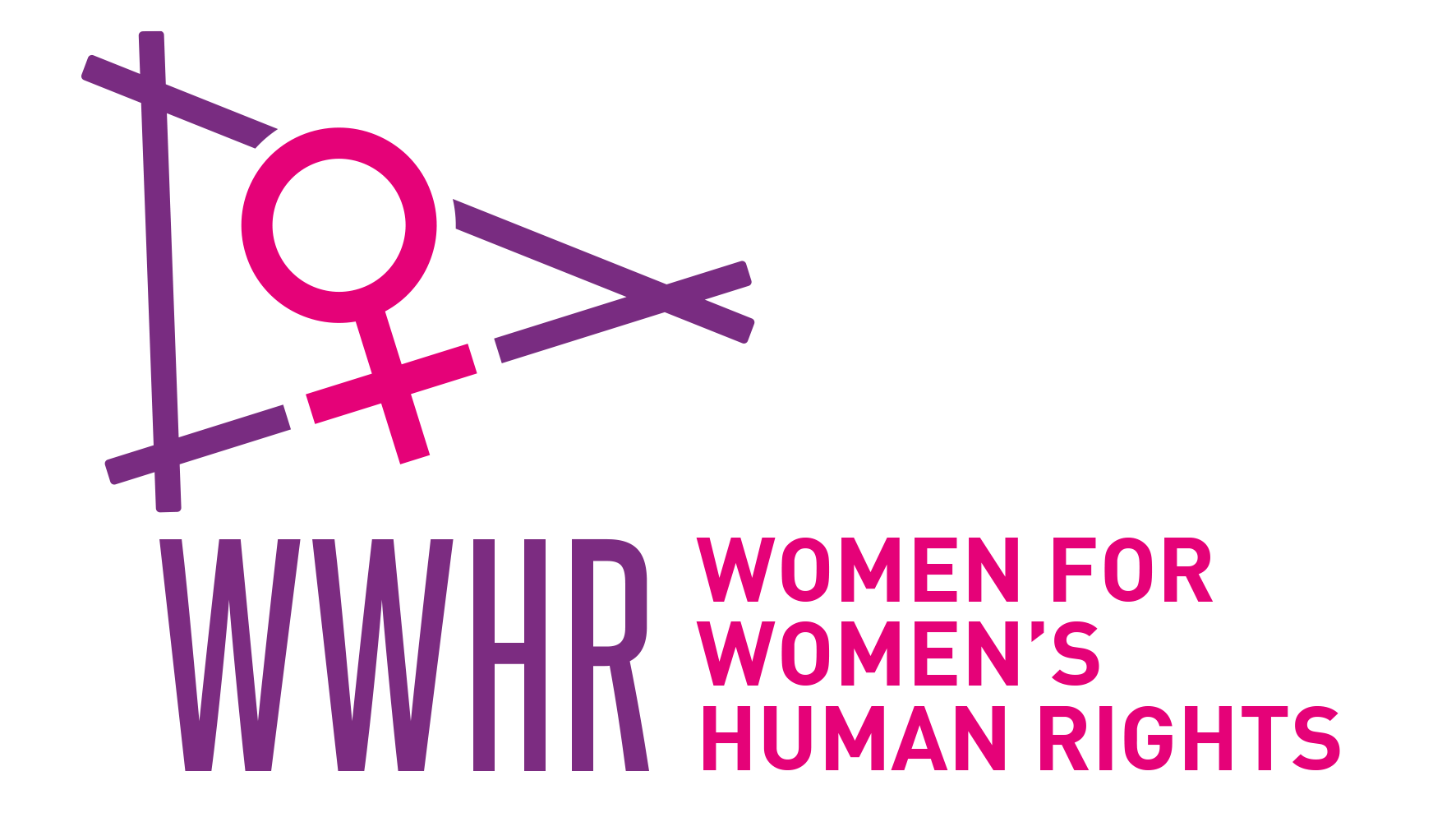Turkey’s 4th National Action Plan (4th NAP) on Combating Violence Against Women (VAW) announced on 1 July 2021, the day Turkey withdrew from the Istanbul Convention, does not at all refer to the concept of gender equality; neither does it include any mention of the Istanbul Convention, accepted as the most comprehensive roadmap for combating violence, which had been in effect in Turkey since 2014 and cited as a reference 22 times in the previous action plan (3rd NAP).
The 4th NAP has been highly questionable from the very outset for a number of reasons. This includes the fact that the 4th NAP, which was supposed to follow the 3rd NAP that ended in late 2020, was not announced within the first 6 months of 2021. Furthermore, the plan does not at all include the views expressed by women organisations, which were not initially invited to the civil society consultation meeting held by the General Directorate on the Status of Women (GDSW) in the preparation phase of the action plan but still managed to attend the meeting as a result of their persistent efforts for inclusion. Finally, the NAP has been undermined by the very fact that it was announced on 1 July 2021, which coincided with Turkey’s withdrawal from the Istanbul Convention. The intention behind the national plan became further questionable when the 4th judicial reform package was adopted by the Parliament in July 2021, shortly after the announcement of the plan. The judicial package introduced in the Criminal Procedure Code the criterion of “strong suspicion” as well as the existence of “concrete evidence” as requirements for detention for “catalogue crimes”, including sexual assaults and sexual abuse, and thereby paved the way for perpetrators to stand trial without arrest in connection with the crimes of sexual assault and sexual abuse, further reinforcing the culture of impunity.
In addition to these criticisms, the historical narrative in the action plan is misleading to say the least. The nation plan points to the Beijing Declaration of 1995 as the ending point in the history of international mechanisms on domestic violence to which Turkey is a party. The Istanbul Convention is not mentioned in either national or international processes. The plan refers only to CEDAW General Recommendation No. 19 adopted in 1992, in total disregard of CEDAW General Recommendation No. 35, which was updated in 2017 based on the Istanbul Convention. In fact, General Recommendation No. 35 was prepared in consideration of several trends and developments observed in the context of gender-based violence against women over 25 years since the adoption of General Recommendation No. 19. It lays down the differences from the previous recommendation, including recognition of the fact that gender-based violence against women may amount to torture in certain circumstances and restrictions on reproductive rights constitute violence against women. Absence of any reference in the plan to General Recommendation No. 35 may be explained by the persistent avoidance of the concept “gender” throughout the text.
We, the Women for Women’s Human Rights (WWHR) – New Ways Association, find the following points also critical with respect to the content of the 4th NAP on Combating VAW:
- Problematic general approach: Although different parts of the plan indicate that the inequalities between men and women is the reason for VAW, this approach is not maintained consistently in the overall plan. The best example of this inconsistency is the individual training and support provided for perpetrators of violence such as anger management, stress management, substance abuse and alcohol addiction treatment. To consider that the problem of violence could be resolved in this way and to ignore the fact that gender inequality is the main reason of violence by addressing violence as an isolated incident, distance the issue from its social aspect and reduce the solution to an individual level.
- The plan observably grants important roles to the Presidency of Religious Affairs. A goal is set in the plan to increase the effectiveness of the Presidency of Religious Affairs to provide “guidance” on moral and religious values particularly to women staying in women’s shelters. It is planned that the Family and Religious Guidance Bureaus will both provide this guidance and conduct awareness raising activities. This regulation, compounded particularly by the “guidance service” planned to be given at courthouses for vulnerable groups according to Goal 1.3.e. of the Human Rights Action Plan and “the psycho-social support” to be given to the parties to a divorce proceeding according to goal 6.3.i. of again the National Action Plan, carries the risk of turning this support provided under the name of “religious guidance” into an act of “persuasion”; and this in turn may create a formidable psychological barrier to women’s access to rights. After all, it is highly unlikely that any such activity conducted by the Presidency of Religious Affair will adopt a gender equality perspective.
- There is a plan for conducting an impact analysis on the Law no. 6284[1] and its implementation by establishing a legal commission that would work on making regulations in domestic law with the aim of combating violence (Activity 1.1.2 and Activity 1.2.1). As we have seen since the publication of the Divorce Commission Report[2], legal regulations introduced under the AKP rule are not in favour of women. Given that the groups close to the government and opposed to the Istanbul Convention raise an objection to the Law no 6284, especially to the practice of giving protection orders based on women’s statements, the laws carry the risk of being amended to the detriment of women as a result of these activities.
- The plan refers to establishing a multi-institutional cooperation in the combat against violence. Considering that even the Provincial Coordination, Monitoring and Evaluation Commissions for Combating Violence Against Women failed to convene for meetings in several provinces over the last two years, questions raise as to how this cooperation would work out.
- The plan states that criminalising stalking and forced marriages in Turkish Penal Code (TPC) would be useful in the combat against violence. This issue should be followed up and considered after observing how it is reflected in TPC.
- The recommendation of providing “shelters for men”, originally made by the Commission established in the Grand National Assembly of Turkey (GNAT) in 2016, also known publicly as the “Divorce Commission”, was also added to the national action plan defining it as “providing alternative means of housing for those who have a restraining order against them” (Activity 3.7.9). Given the fact that the current number of shelters for women is way below the need, providing alternative means of housing to men who are perpetrators of violence amounts to prioritising the needs of perpetrators of violence and providing psychological, economic and social support to perpetrators of violence.
- The plan states that activities for combating VAW will ensure men’s engagement (Strategy 4.3) and focuses most activities on raising the awareness of men on VAW. Nevertheless, it remains ambiguous as to who would provide these trainings for men in the listed institutions or what content would be used in the trainings.
- The plan states that “thematic meetings for cooperation and combat against VAW” will be held with national human rights institutions in order to promote strong coordination and inter-sectoral cooperation in the combat against VAW (Activity 2.3.3). The Human Rights and Equality Institution of Turkey (TİHEK) is given the responsibility of this activity and developing policies in this field. Given TİHEK’s opposition to the Istanbul Convention, its anti-gender and “protecting family values” approach, it does not seem possible that these policies by TİHEK would reflect gender equality.
[1] Law no. 6284 to Protect Family and Prevent Violence against Women
[2] In 2016 Parliamentary Inquiry Commission on Preventing Negative Effects on Family Unity, Factors for Divorce, and Measures for Strengthening the Family was established under the auspices of the Turkish Grand National Assembly and prepared a report, known as the “Divorce Commission Report”.



